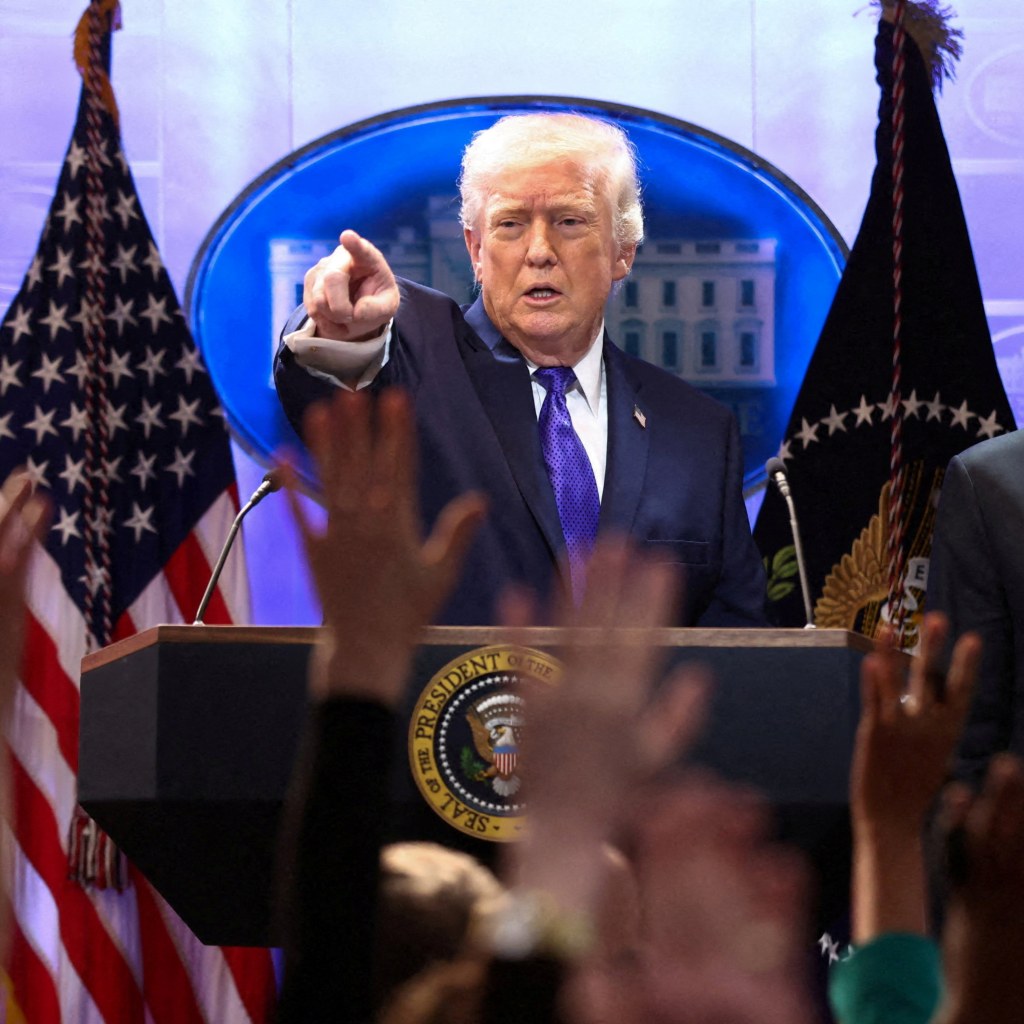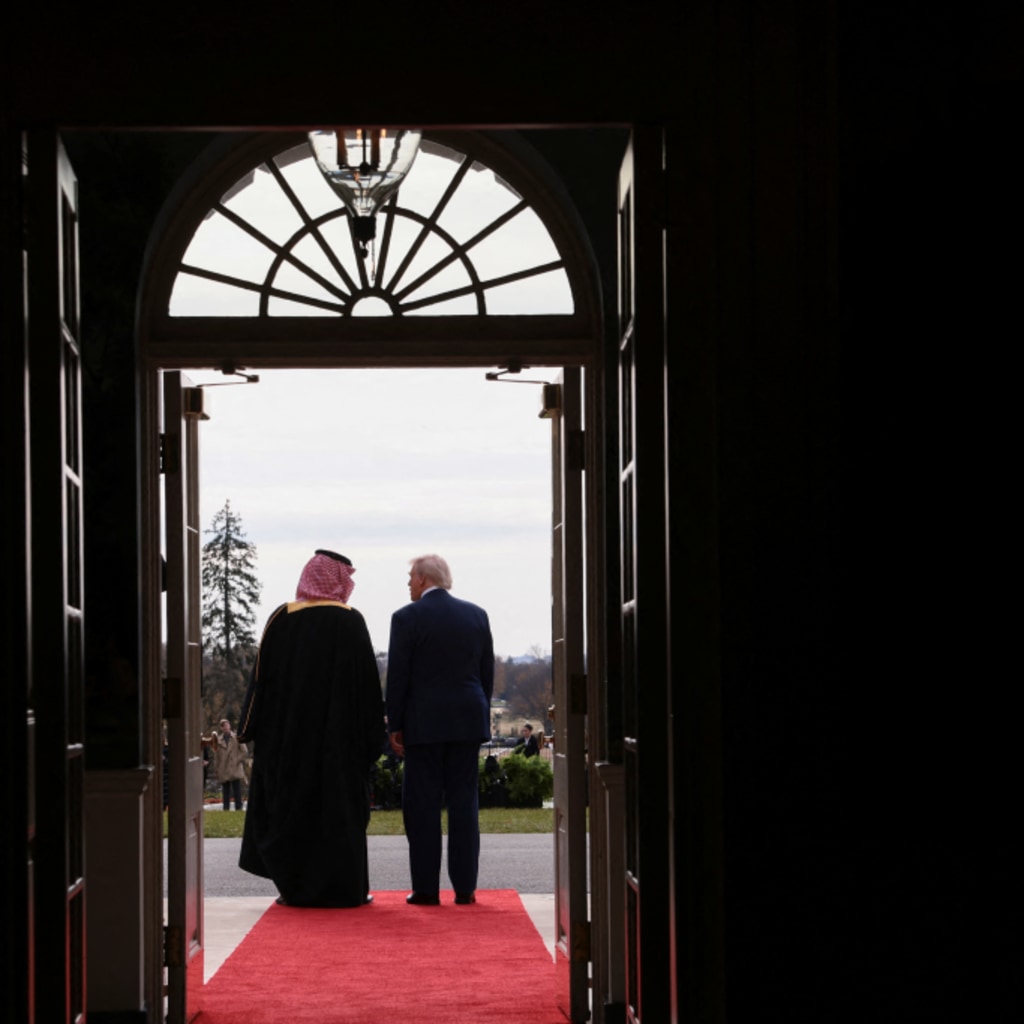The Oslo Humanitarian Conference on Nigeria and the Lake Chad Region
Loading...
0:00 / 0:00
Published
Show Notes
In this guest episode of the Africa in Transition Podcast series Sherrie Russell-Brown discusses the Oslo Humanitarian Conference on Nigeria and the Lake Chad Region in conversation with Kathryn Achilles, Humanitarian Campaign Manager, Oxfam Nigeria, Chitra Nagarajan, Senior Advisor, North East Nigeria, Civilians in Conflict, and Mausi Segun, Senior Researcher, Nigeria, Human Rights Watch. The Oslo Humanitarian Conference, held Friday, February 24 in Oslo, Norway, was convened to draw global attention to the humanitarian crisis in Nigeria and the Lake Chad Region, mobilize critical resources needed to effectively confront it, and to address the medium-term and long-term development needs of the fourteen million people in the region. Co-organized by the governments of Nigeria, Norway, and Germany in partnership with the United Nations, the conference produced pledges totaling $672 million, with more commitments to come.





